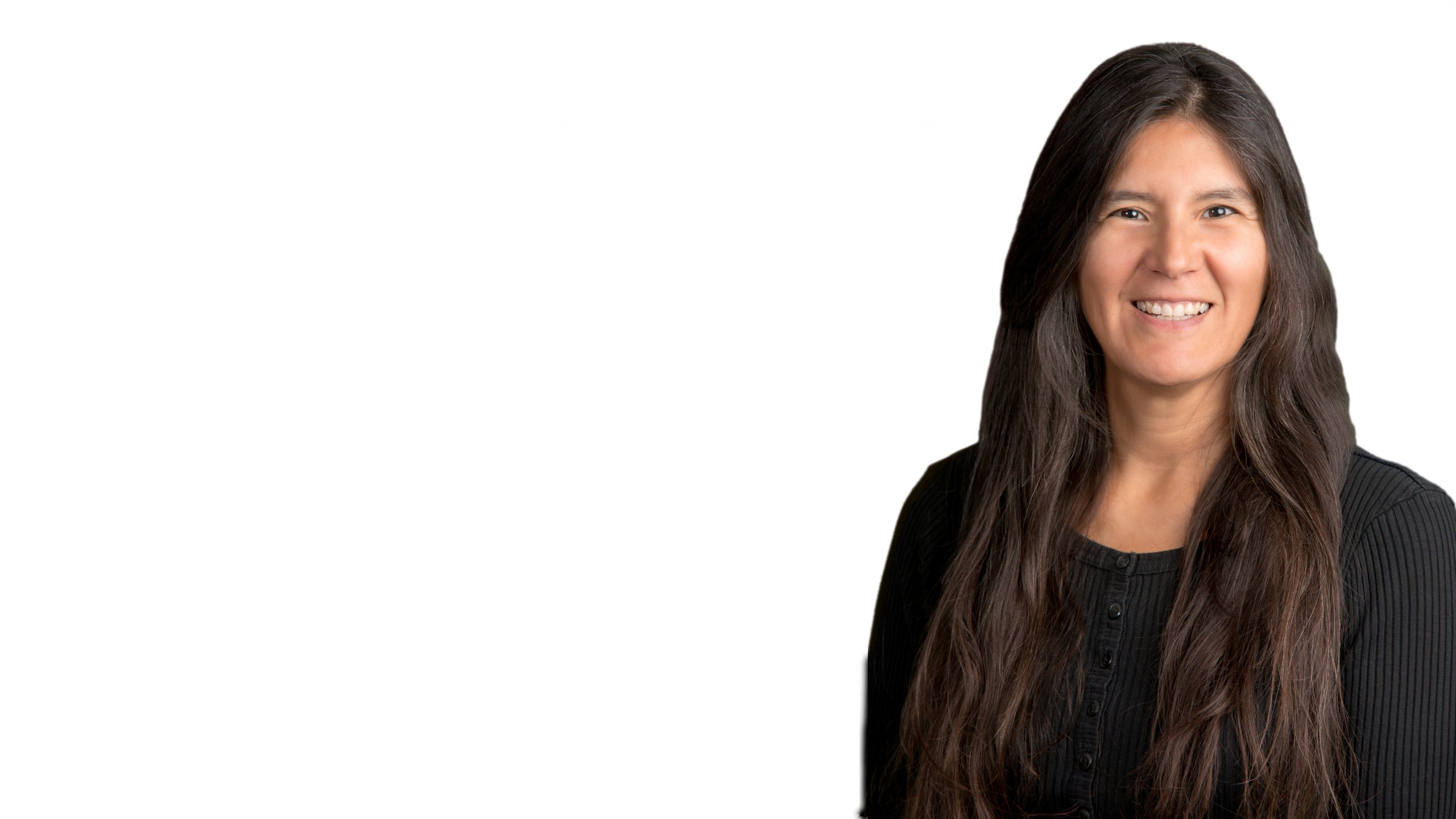
Pictured here: Deborah McGregor
The Centre for Indigenous Knowledges and Languages (CIKL) offers a generative space within and beyond York University to advance Indigenous scholarship, research theories, methodologies and practices that support a keen understanding of the goals and aspirations of Indigenous Peoples. The CIKL fosters collaborations and partnerships between Indigenous Peoples and others and creates ethical space for dialogue on how research relationships can be envisioned, negotiated and practised in support of Indigenous futurities.
The CIKL also creates opportunities for critical dialogue, reflection and change to take place while addressing some of the world’s most pressing challenges, says the Centre’s inaugural director, law and environmental scholar Deborah McGregor.
Cross-appointed between Osgoode Hall Law School and the Faculty of Environmental and Urban Change, McGregor is Anishinaabe from Whitefish River First Nation. She has an extensive research background focusing on Indigenous knowledge systems and their applications in water and environmental governance, environmental and climate justice, and sustainable self-determined futures.
“The establishment of CIKL creates a vital space for Indigenous researchers and all those engaged in decolonizing scholarship at York and beyond. The Centre will play an important role in invigorating and disseminating ground-breaking, Indigenous-centred research taking place at and beyond York University,” says Amir Asif, York’s vice-president of research and innovation.
Joining McGregor as a research leader is Professor Sean Hillier, who will become CIKL’s associate director. He was recently appointed York Research Chair in Indigenous Health Policy and One Health. Hillier is a queer Mi’kmaw scholar from the Qalipu First Nation, and an assistant professor at the School of Health Policy and Management. His collaborative research spans themes of aging, living with HIV, infectious diseases and antimicrobial resistance, all with a focus on policy affecting health-care access for Indigenous Peoples in Canada.
“Having dedicated Indigenous research resources and space, as offered by the new CIKL which is run by and for Indigenous Peoples on campus, is a critical first step,” says Hillier. “This centre will assist York in becoming a research-intensive institution and serves the principles of the Indigenous Framework and University Academic Plan.”
McGregor notes that one of the Centre’s goals is to “raise visibility to the research people do and their research skills, whether they’re faculty or students, so Indigenous communities can have a sense of what people are doing and whether there is research or interest that people have that they want to be involved in.”
The Centre wants to “highlight the role of Indigenous knowledge, legal traditions and language in helping to address problems that all of humanity is facing,” she added. “I think universities have obligations beyond the boundaries to make sure whatever kind of knowledge being generated gets out to the public and that the education we are trying to deliver is accessible.”
